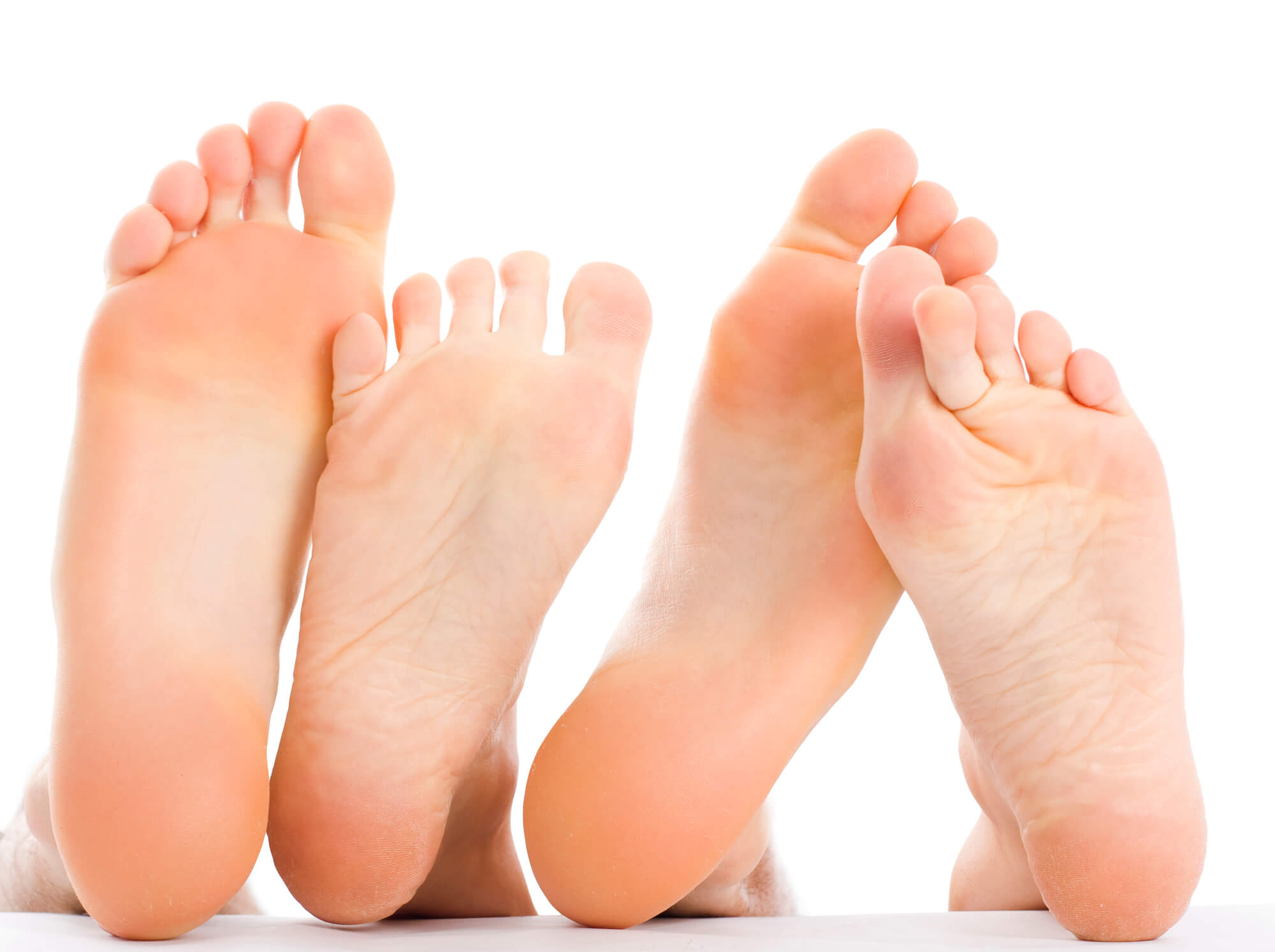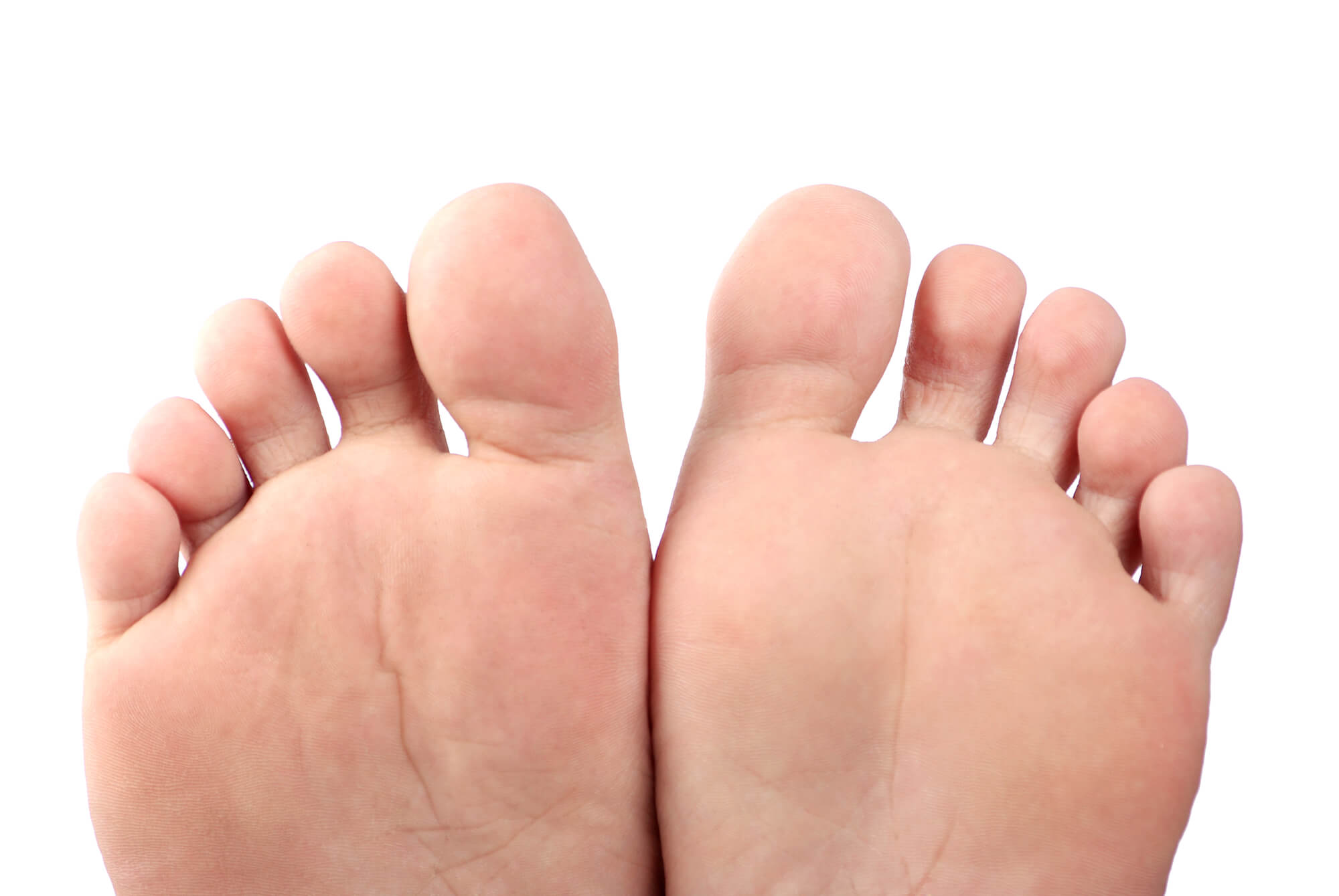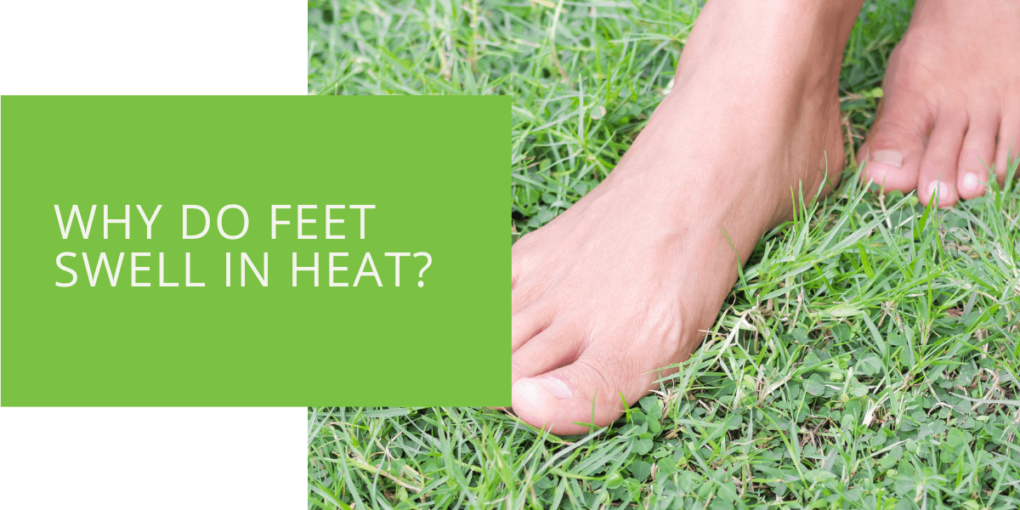Why Do Feet Swell in Heat?
Swollen feet can be common and uncomfortable, particularly during hot weather. But why do our feet swell in the heat, and what can we do about it? In this article, we'll explore the causes of foot swelling and provide tips for reducing and managing swollen feet during hot weather. We'll also discuss when to seek medical attention for swollen feet.
What Causes Foot Swelling?
Several factors can contribute to swelling in the feet. These include:
- Gravity and standing for long periods: When we stand or sit for extended periods, gravity can cause fluid to accumulate in the feet and ankles. This is why swelling is often more noticeable at the end of the day or after a long flight.
- Pregnancy and hormonal changes: Hormonal changes during pregnancy can cause fluid retention and swelling in the feet and ankles.
- Medical conditions such as edema and venous insufficiency: Edema is when excess fluid accumulates in the body's tissues, often causing swelling in the feet, legs, and ankles. Venous insufficiency, a condition in which the veins have difficulty pumping blood back to the heart, can also cause swelling in the feet.

How Does Heat Affect Foot Swelling?
Heat can also play a role in foot swelling, particularly in high humidity. When the temperature rises, our blood vessels dilate (expand) to dissipate heat and cool the body. This can lead to increased blood flow to the feet and ankles, which can cause fluid to accumulate in the tissues and lead to swelling.
Tips for Reducing Foot Swelling in Hot Weather
If you're prone to swollen feet in hot weather, there are several steps you can take to reduce your risk of heat edema:
- Stay hydrated and avoid alcohol and caffeine: Adequate hydration is important for maintaining healthy circulation and preventing fluid buildup in the feet. Alcohol and caffeine can cause dehydration, so it's best to limit your intake of these substances during hot weather.
- Wear loose-fitting, breathable shoes: Tight shoes can constrict blood flow and contribute to swelling in the feet. Opt for shoes made of breathable materials and plenty of room for your toes.
- Elevate your feet when possible: Elevating your feet can help to reduce swelling by allowing gravity to drain excess fluid away from the feet.
- Avoid standing for long periods: As mentioned earlier, standing for long periods can cause fluid to accumulate in the feet. Taking frequent breaks to sit and elevate your feet can help to reduce the risk of swelling.
- Use a foot soak or ice pack to reduce swelling: Soaking your feet in cold water or applying an ice pack can help to reduce swelling and improve circulation.

When to Seek Medical Attention for Swollen Feet
In most cases, swollen feet caused by heat or standing for long periods are not a cause for concern and can be managed with self-care measures such as those listed above. However, it's important to seek medical attention if any of the following symptoms accompany your swollen feet:
- Pain or fever: Swelling accompanied by pain or fever may be a sign of an underlying medical condition such as an infection.
- Sudden or severe swelling: If your feet swell suddenly or the swelling is severe
Conclusion
Swollen feet can be common and uncomfortable, particularly during hot weather. Understanding the causes of foot swelling and taking preventive measures such as staying hydrated, wearing loose-fitting shoes, and elevating your feet can help to reduce your risk of heat edema. It's also important to seek medical attention if your swollen feet are accompanied by pain or fever or if the swelling is sudden or severe. Consulting a podiatrist or other healthcare professional can help to identify any underlying medical conditions and provide appropriate treatment. Remember to take care of your feet, especially during hot weather, to ensure optimal health and comfort.
FAQ
How do I stop my feet from swelling in hot weather?
To reduce your risk of foot swelling in hot weather, try the following tips: stay hydrated, avoid alcohol and caffeine, wear loose-fitting, breathable shoes, elevate your feet when possible, avoid standing for long periods, and use a foot soak or ice pack to reduce swelling.
How do you get rid of heat edema?
To manage heat edema, try the tips above for reducing foot swelling in hot weather. You can also try over-the-counter medications or home remedies to help reduce swelling, such as compression socks or elevating your feet. If the swelling persists or is accompanied by other symptoms, seek medical attention.
Why do my feet swell in the heat?
Feet can swell in the heat due to increased blood flow to the area. When the temperature rises, our blood vessels dilate (expand) to dissipate heat and cool the body. This can lead to increased blood flow to the feet and ankles, which can cause fluid to accumulate in the tissues and lead to swelling. High humidity can also contribute to swelling.

